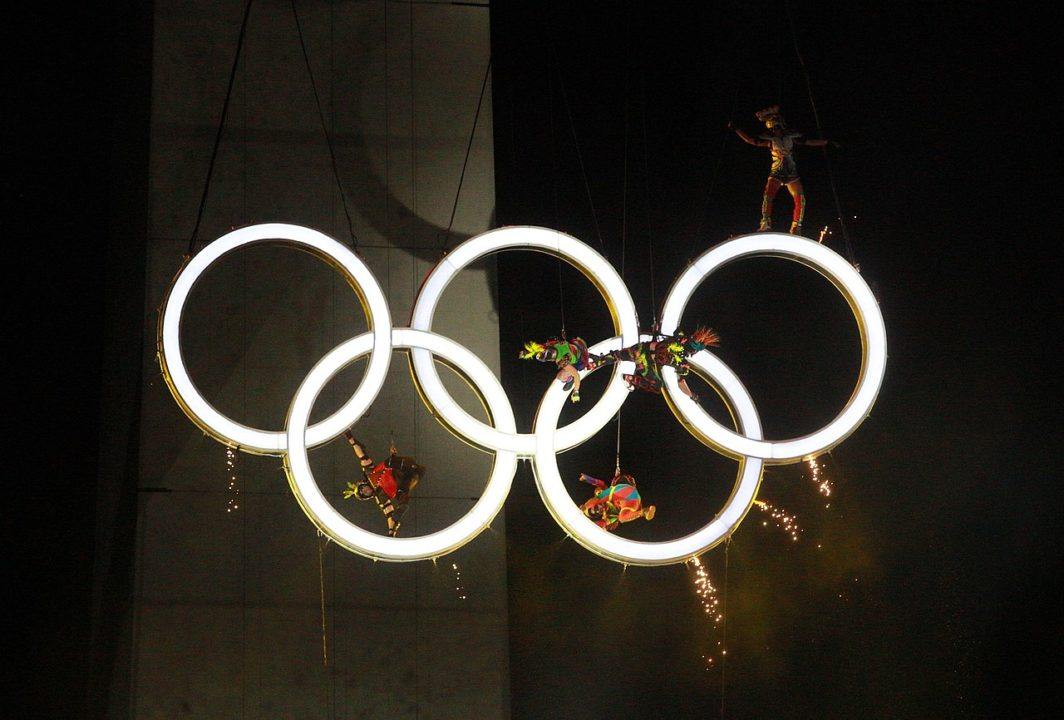In addition to medals made out of recycled cell phones, podiums made out of recovered shampoo bottles, an Olympic Torch made of aluminum waste from temporary housing that was built in the aftermath of the Great East Japan Earthquake, or Tokyo 2020’s aim to be the most sustainable Games to date by way of Olympic uniforms made out of plastic bottles or transforming the Olympic Village into a park bench, the Organizing Committee has also confirmed that athletes will sleep on beds made out of cardboard.
When it comes to health-related issues, the Organizing Committee has imported EBOLA and other deadly viruses in a bid to prevent a killer outbreak during the Games. Organizers also fear security shortage due to the blazing heat, for which reason volunteers will have one-hour shifts. Here’s the latest on those stories:
OLYMPIC ATHLETES TO SLEEP ON RECYCLABLE CARDBOARD BEDS
According to USA TODAY, organizers for the 2020 Tokyo Olympic and Paralympic Games will provide beds made out of cardboard for athletes to sleep during next year’s Games.
The beds will be recycled into paper products after the Games, while the mattress components will be recycled into new plastic products. The cardboard bed frames can support up to 441 pounds.
JAPAN TO IMPORT EBOLA AND OTHER DEADLY DISEASES IN BID TO FIGHT BIOTERRORISM
Per British news outlet The Sun, last September, Japanese officials obtained the infectious virus along with four other fatal pathogens in preparation for next summer’s event. The other killer bugs are Marburg virus, Lassa virus, the viruses that cause South American hemorrhagic fever and Crimean–Congo hemorrhagic fever.
This is the first time ever viruses rated biosafety-level-4 (BSL-4) – the most dangerous rating – have been allowed to enter Japan.
The country will be storing the pathogens at the Japanese National Institute of Infectious Diseases (NIID), the only facility able to operate at that level.
ORGANIZERS FEAR SECURITY STAFF SHORTAGE
With less than one year to go until the start of the Tokyo 2020 Olympics, organizers fear they may not be able to recruit enough security staff due to the rising heat concerns and are looking to the Self-Defense Forces and sophisticated facial recognition systems for help, according to Kyodo.
Japan’s 2013 bid documents showed a total of 50,850 security support staff would be required, but the final number of guards needed will likely exceed the initial estimate, with some venues being moved to different areas and new sports such as baseball and surfing added.
Last year a heatwave in the city killed over a dozen people. So far this year 11 people have died and another 5,000 have been taken to hospitals.
In late July, the Organizing Committee tested ways to keep people cool at an international volleyball event in light of next year’s Games.
The Tokyo Fire Department is preparing additional ambulances and multilingual support for athletes and spectators as a safety measure against a possible surge in heatstroke and heat exhaustion cases at next summer’s Olympic and Paralympic Games.
VOLUNTEERS TO HAVE ONE-HOUR SHIFTS
For the aforementioned reasons, Tokyo Olympic volunteers will have a maximum of one-hour shifts, with a plan to create a manual to help on-site leaders to determine break times.
The Tokyo metropolitan government’s decision comes as it formulated its basic policy on heat countermeasures and spectator guidance for the 2020 Games, based on the results of simulations conducted this summer at various test events.
The potentially deadly heat has been a major headache for organizers of the Tokyo Olympics and Paralympics, as temperatures regularly top 86ºF in July and August when the games will take place.
Organizers have tested whether artificial snow could be used to cool spectators at outdoor venues.

I’m a little confused, can someone elaborate on why they want to bring these viruses and store them in a lab?